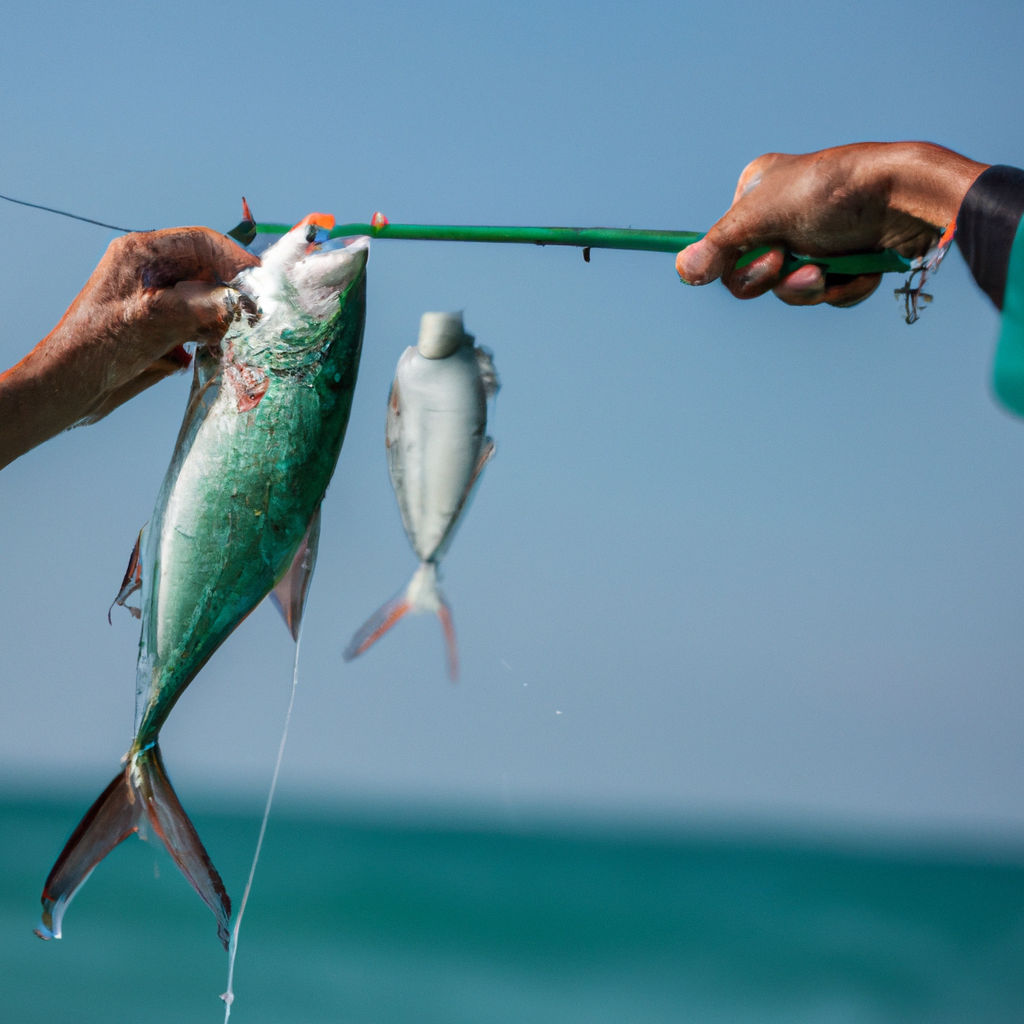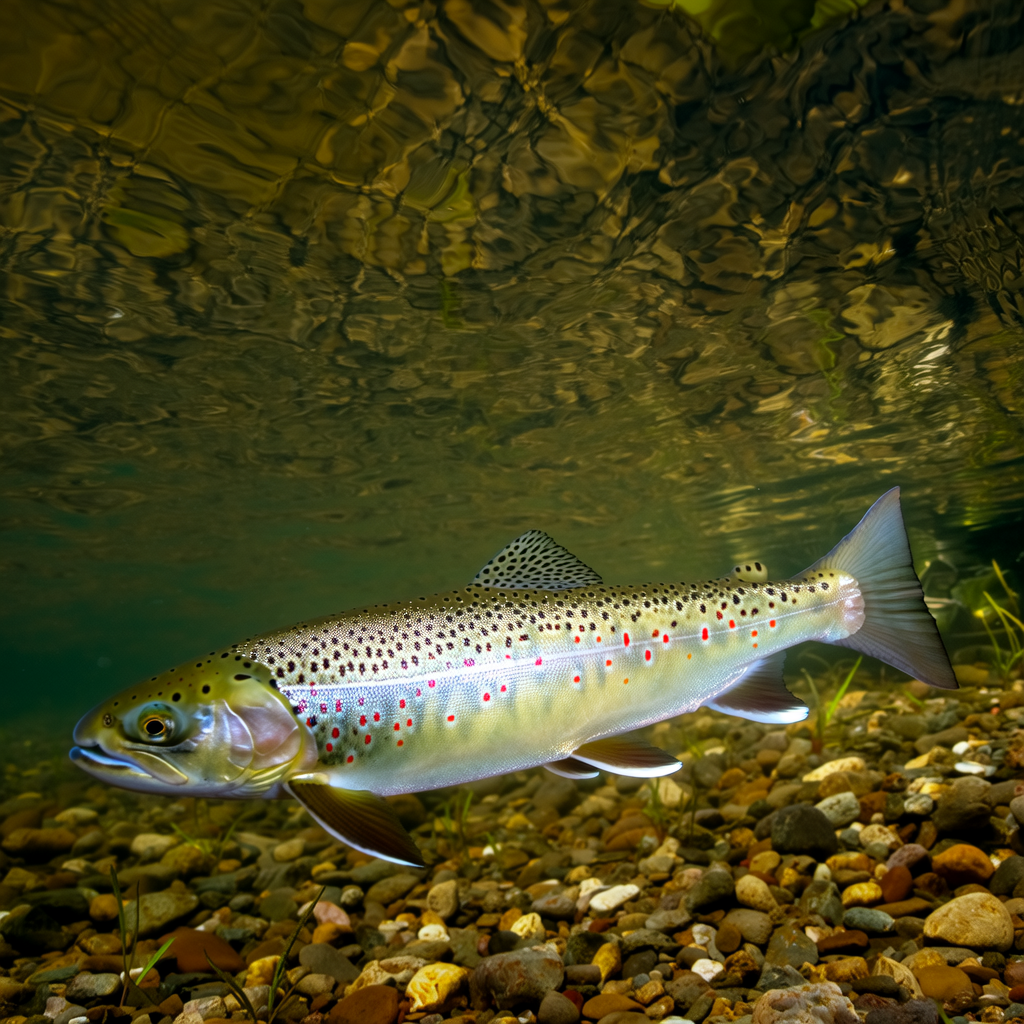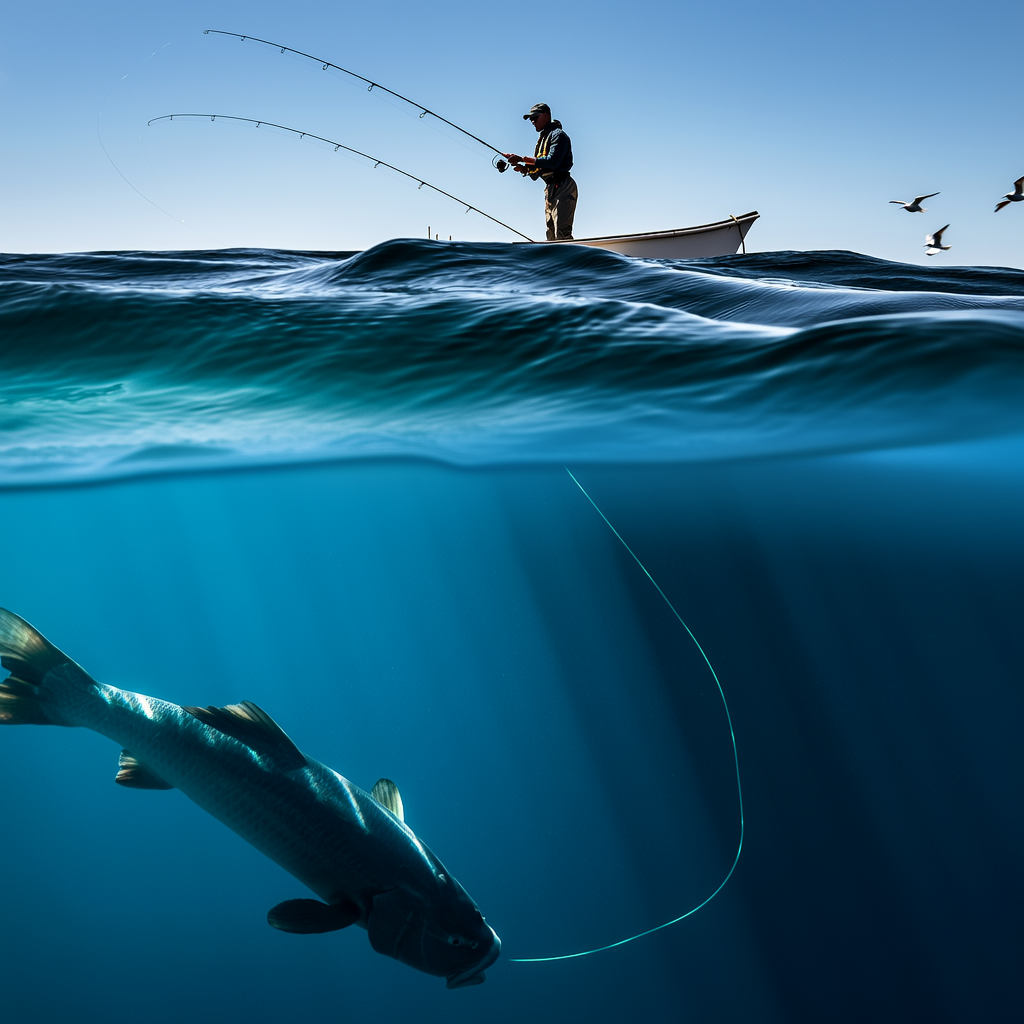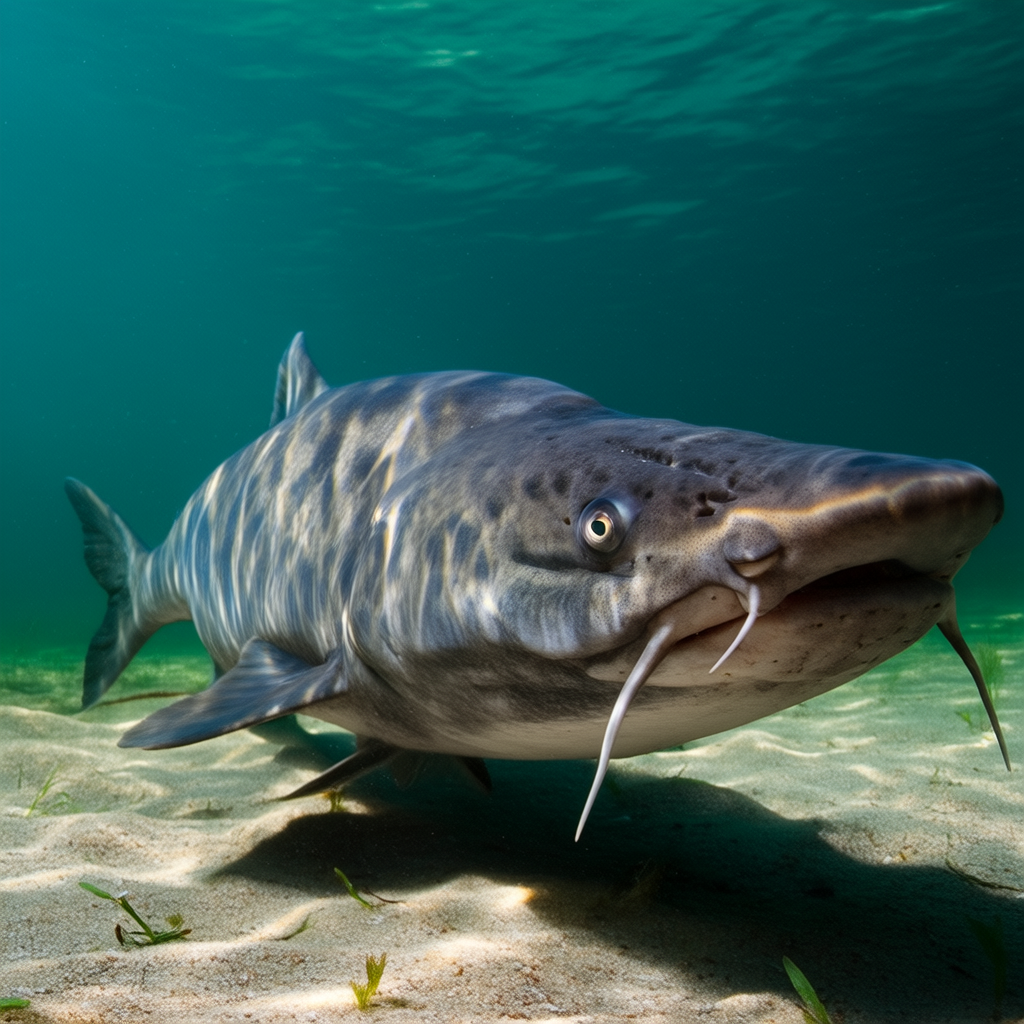You may feel overwhelmed if you are a new sea-angler. There is so much information to learn about this exciting activity. With a little practice and patience, you will soon be reeling in the catch of the day. This guide will take you through the steps to becoming a sea angler. From choosing the right gear to finding the best fishing locations, you’ll learn everything you need to get started.
Getting Started
You’ll want to ensure you have the correct equipment before you start fishing. This includes a reel, rod, line, and terminal gear. You’ll need to decide if you want to fish on the shore or in a boat. Both options have advantages and disadvantages. It’s important to weigh the pros and cons of each option before making a choice.
Selecting Your Gear
If you want to be a successful sea angler, it is important that you choose the right equipment. The type of gear you need depends on the fish species you want to catch and the conditions in which you will be fishing. You’ll need to decide if you want to use a spinning or baitcasting rod.
Spinning Rods vs Baitcasting Rods
Spinning rods tend to be easier for beginners to use, as they are less likely to cause backlash. Baitcasting rods offer greater control and precision which can be beneficial when targeting larger fish. They can be more difficult to master so it is best to start out with a spinning reel until you are confident enough to switch to a baitcaster.
Choose Your Line
The type of fishing line you choose will depend on what species of fish you are targeting and the conditions in which you’ll be fishing. Monofilament makes a great all-round line because it is strong, flexible and easy to use. Braided line has a higher breaking strain than monofilament and is more resistant against abrasion.
The Best Fishing Spots
Once you have all your equipment, the next thing to do is find a good spot for fishing. When choosing a fishing spot, you should consider several factors, including tides and currents as well as the time of day. Some species are more active during certain times of day. Do some research to determine when your chosen species will be feeding.
Using Technology
The technology can be a great help in finding the best fishing spots. There are many apps and websites which provide detailed information about weather, currents and tides. You can also use fish finders and sonar to locate fish. However, these can be costly.
Techniques and Tips
It’s time to catch some fish now that you have your gear and a good spot. You can increase your odds of success by using a variety of techniques and tips, including:
Choosing the Right Bait
The type of bait that you use will depend upon the species of fish that you are targeting. Squid, mackerel and worms are some of the most common baits. You can also use spinners and lures, which are more effective for certain species of fish. It is important to experiment with different types of lures and spinners to determine what works best for your fishing style.
Adjusting Your Technique
Technique is also important. It’s important to adapt your technique according to the feeding habits of different species. Some fish prefer slow, steady retrieves while others prefer fast jerky motions. You can determine the best technique by paying attention to the environment and observing how the fish behaves.
Conclusion
Sea angling can be a rewarding and fascinating sport that provides hours of enjoyment and relaxation. There’s always new information to learn, whether you’re an experienced angler or a beginner. Follow the tips and techniques in this guide to become a successful sea-angler.




